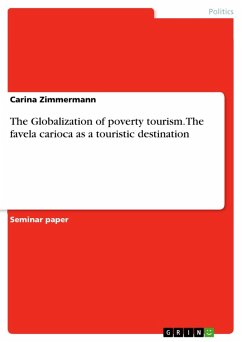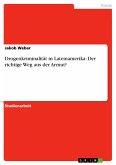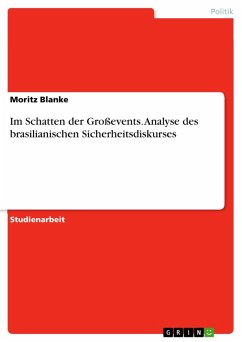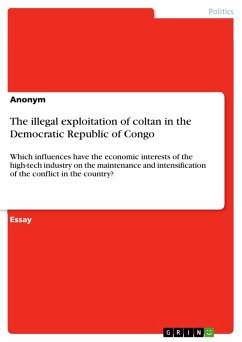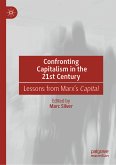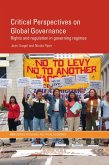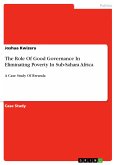Seminar paper from the year 2014 in the subject Politics - Topic: Globalization, Political Economics, grade: 1,0, University of Applied Sciences Fulda (Sozial-und Kulturwissenschaften), course: Globalization, language: English, abstract: The purpose of this paper is to describe the favela tourism in Rio de Janeiro as a globalized phenomenon in the context of ethic debates. Is favela tourism good or bad? Is it ethical to gaze at poor people and to take pictures of their houses? Is poverty tourism exploitation? Do slum tours profit of the tour? Is the favela tourism in the favor of the community? In the case of Rio: does the favela tourism help to integrate the favelas into the former city? Poverty tourism is a complex and globalized phenomenon. The location Rio de Janeiro was chosen because of the peculiarity of its topography and history and because of a personal interest by the author. Furthermore, Rio's favelas have always been the focus of a more alternative type of tourism and due to the violence they have never been part of the traditional tourism. But since the movie Cidade de Deus (2002) the favelas as a touristic destination gained importance.
Dieser Download kann aus rechtlichen Gründen nur mit Rechnungsadresse in A, B, BG, CY, CZ, D, DK, EW, E, FIN, F, GR, HR, H, IRL, I, LT, L, LR, M, NL, PL, P, R, S, SLO, SK ausgeliefert werden.

